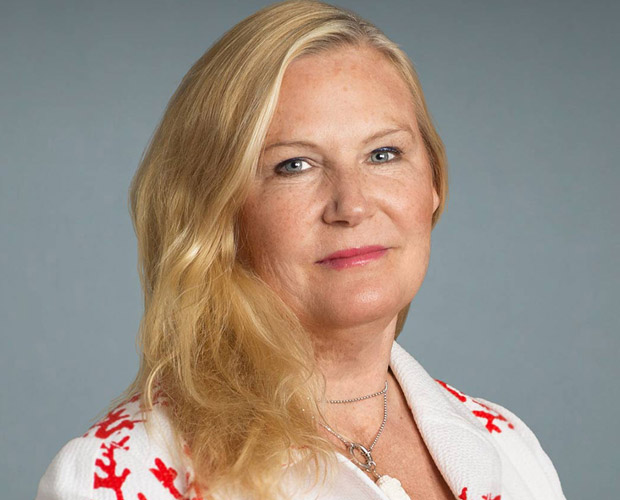By Alexes Hazen
I remember the moment when I decided I wanted to become a plastic surgeon. I was a third-year medical student at Brown University School of Medicine doing a rotation in general surgery and had an ‘elective’ week in a sub-specialty. I didn’t know what plastic surgery was, but I chose that sub-specialty, and I was “scrubbed” into a breast reconstruction case. The woman had undergone a mastectomy for breast cancer and was having immediate reconstruction with a TRAM flap. I didn’t know what a TRAM was nor a flap. But when I saw the incredibly skilled surgeon take the abdominal skin and fat and turn that magically into a beautiful natural looking breast in a few hours — I was amazed and sold. Training in plastic surgery is a long road — it wasn’t until eight years later when I completed my residency and fellowship that I was ready to perform those amazing reconstructions on my own. I did my residency and fellowship at NYU Medical Center and finished in 2002.
Being diagnosed with any cancer is difficult and undergoing operations to remove cancer can be both emotionally and physically taxing and tough. But there is something about a woman having to have her breast removed that is particularly trying. Breasts are symbolic in art and our world about the very essence of what it is to be female – right or wrong. It is very hard to have to make all sorts of complicated decisions about your cancer treatment and, at the same time, make decisions about your reconstruction. And all at a time when your health and well-being is threatened. I became interested in breast reconstruction as a way to help women on their journey back to health and wellness. Some women choose not to have reconstruction, and I fully support that decision if it is made from an informed perspective and not out of fear. For most women it is important to undergo breast reconstruction as a way to return to normal and feel whole again. I like being a part of that process that begins with a conversation and consultation about options and ends with a journey together through surgeries, sometimes radiation, chemotherapy and then recovery.
I have come to know these patients for years as I follow them cured and healthy; only coming in for check-ups. I see them get married and have babies, I see them graduate from grad school, I see them become grandparents and win awards. I come to know their families, their lives, their desires, and their joys. I am passionate about breast reconstruction and pushing the envelope on making the reconstruction as good as is possible. I am always looking for new ways to make things look and feel better. But perhaps I am most passionate about women’s recovery and their path to becoming whole again. There is little I cherish more than being honored to be invited on that journey – and that is why I do breast reconstruction.

